"I object to violence because when it appears to do good, the good is only temporary; the evil it does is permanent." - Mahatma Gandhi
The world we live in today isn't the one we grew up in, and it is not going to be the same one our kids are going to inherit tomorrow. Stories of violence and meaningless killings abound, so much so that one dreads reading or listening to the news. There is no doubt that such stories hit mothers with a renewed sense of horror, when we think of the kind of world we are leaving our children. The image that is most recent in our minds is probably that of three year old Aylan Kurdi, lying face down in the mud, a victim of a war that wasn't his fault.
It can be extremely depressing to read about such goings-on and frustrating to realize that we can't do anything about it. But the truth is that in our own small ways, we can make a change. Like Mahatma Gandhi said:
"In a gentle way, you can shake the world."
Gandhiji's teachings were never more relevant as they are in today's times. And what better occasion than his birth anniversary to refresh our memories of the Mahatma and to teach our children the same. So this Gandhi Jayanti, we have some tips for parents to raise more tolerant, compassionate and non violet kids, so that humankind has a better hope of peaceful survival.
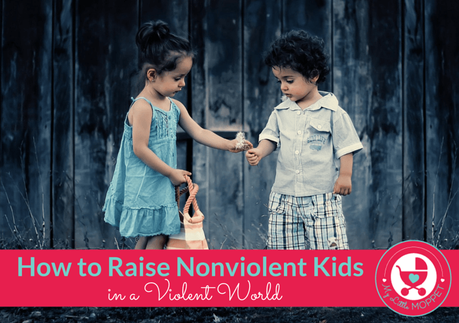
1. Ensure a No-Tolerance Policy for Violence
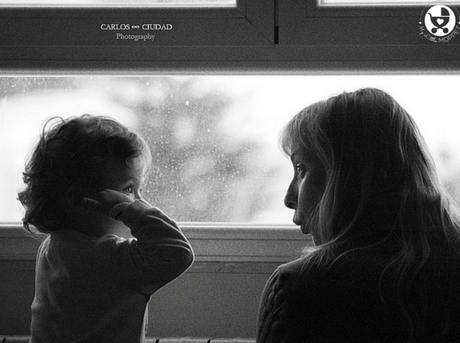
Have a rule at home that you will not tolerate violence for any reason whatsoever, and practice it!! Research shows that kids who are hit end up hitting others, so find peaceful ways to discipline them. Encourage siblings to sort their troubles out peacefully and show them how much better it is than a fist fight where someone might get hurt.
2. Limit Screen Time

It's no secret that popular culture and media make kids aggressive and impatient. Limit your child's screen time, and that includes everything - TV, movies, computer, tablets, phones, video games - everything. When screen time is limited, kids are much more tuned into their inner thoughts and are able to manage and control them better.
3. Use Role Play
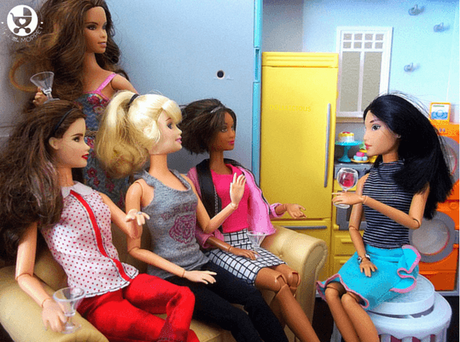
For very young kids, role play is a great way to get a conversation started about non violence and compassion. You can create a situation and use their dolls or teddy bears to enact the roles and try to explain how talking things through ends up beneficial for everyone.
4. Teach Anger Management
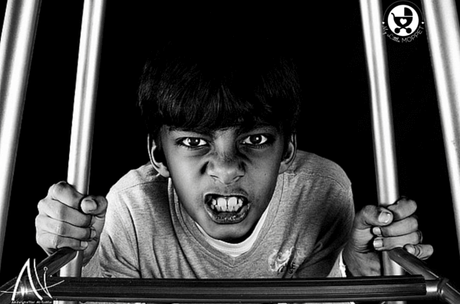
Anger is a human emotion and everyone is bound to get angry at some point or the other. Teach your kids that it's perfectly normal to feel anger, but what they do about it is what truly matters. Young kids can benefit from books like ' When I feel angry ', which explains anger management in a kid-friendly voice.
5. Be Respectful of Differences
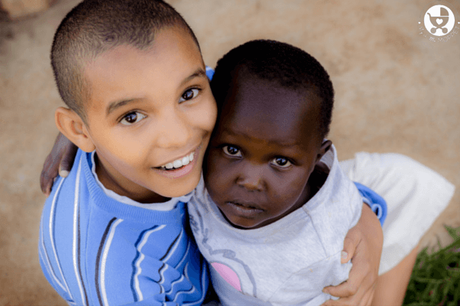
All the preaching will do no good if you yourself don't model respectful behavior. Behave politely to everyone including maids, drivers, waiters and doormen. Let your child learn that everyone is worthy of respect and love. Embrace differences and be aware of what you say at home; if you talk badly about any particular community or region, your child will grow up thinking that everyone from that community or place are to be hated, purely because they're different.
6. Ensure a Safe, Secure and Happy Environment

Many children act out their frustrations and fears, which comes across as bullying or violence. Spend enough time in your child so that he knows that he's loved and can talk to you about his problems. Kids who have trusted adults as role models who also love and spend quality time with them turn out to be much more loving individuals later.
7. Learn to Manage Tantrums and Meltdowns
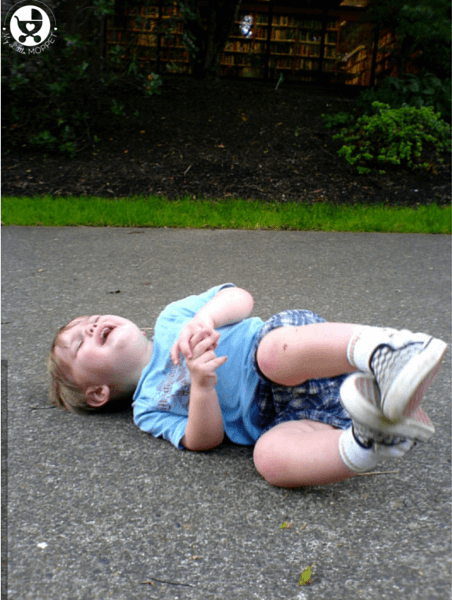
Tantrums and meltdowns can test the patience of the most gentle-natured parent out there, but you need to realize that these are usually caused by an underlying problem. Most of the time a child is just hungry, tired or scared, and when you handle it with a calm and collected attitude, they learn that problems can be solved without loud voices or hitting.
8. Model Appropriate Methods to deal with Conflict
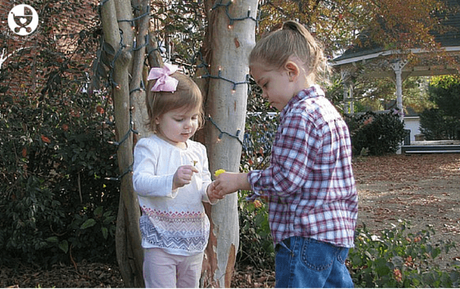
It's impossible to completely avoid any fights with your spouse or other family members, but the way you manage such conflicts teaches your kids important lessons. Fight fair and always be polite; stick to the problem at hand without needless aggression. Kids learn a lot about interpersonal relationships from their parents, so be aware of yourself at all times.
However old your child may be, there's sure to be something you can teach him from these. You don't need to create a lesson plan to teach a child non violence; just practicing it in your daily life is enough. To quote Mahatma Gandhi again:
"You must be the change you wish to see in the world"
Lots of Love,

